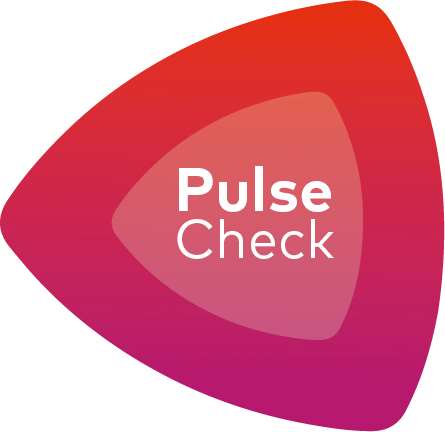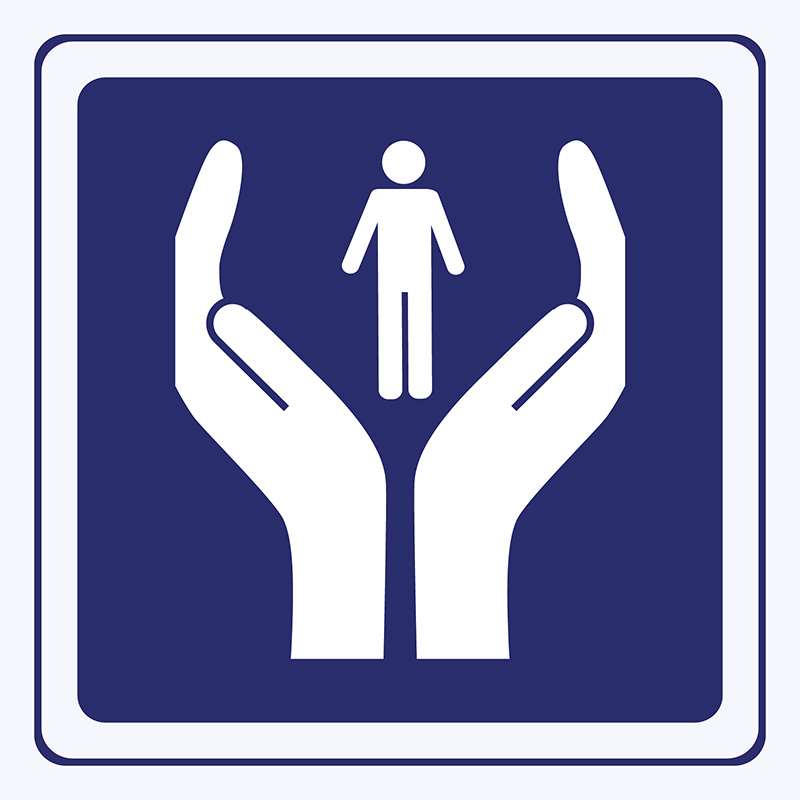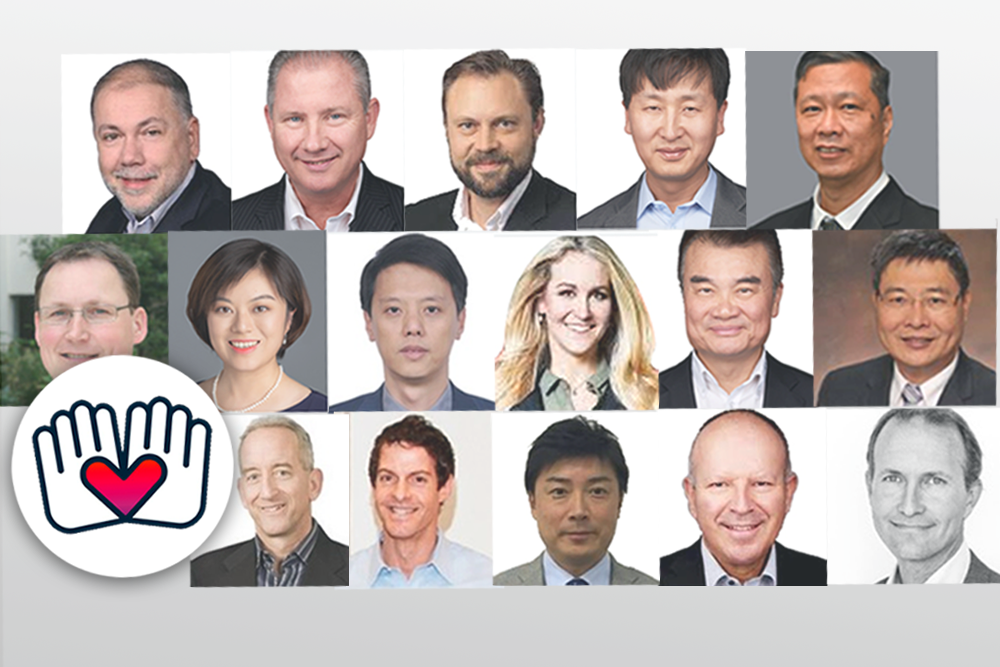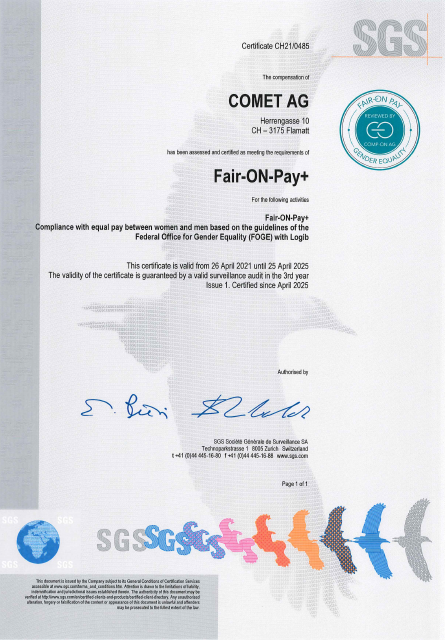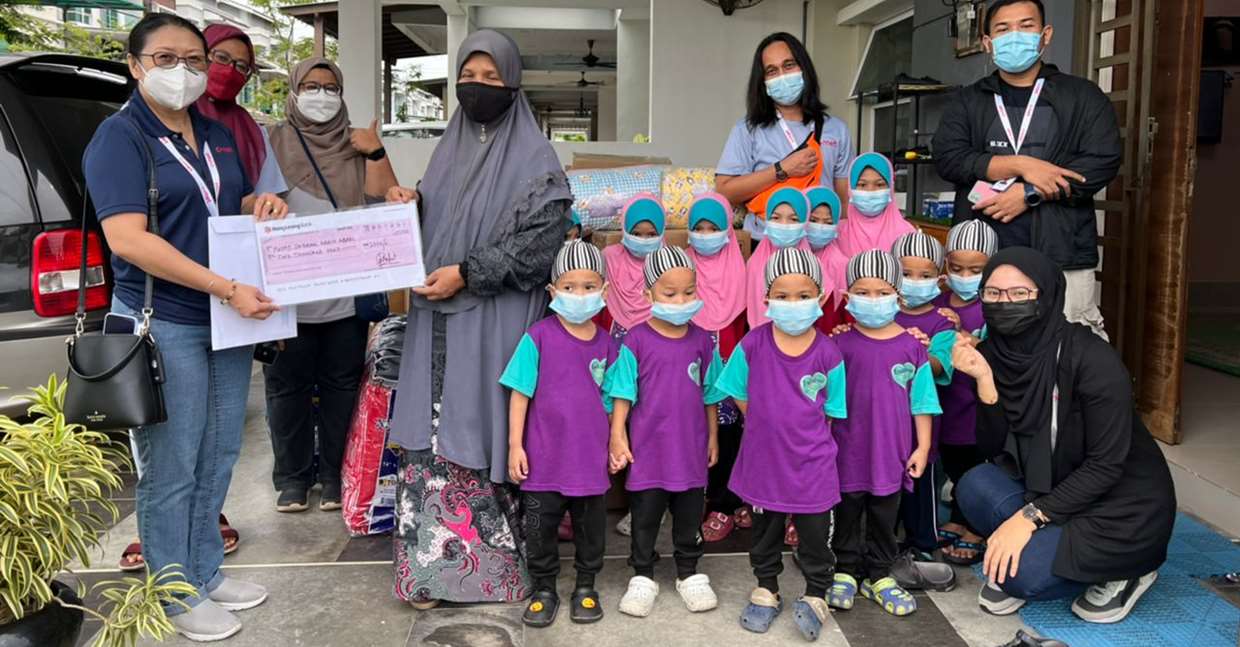Social
Employer Attractiveness
People are our most important asset. In view of the shortage of skilled personnel, particularly of research and development experts and engineers, we are expanding activities that support our visibility and attractiveness as an employer. Networking, attracting and retaining talented young people early on, during their studies, is therefore high on the agenda, along with identifying and developing diverse talents within the company and ensuring an attractive, flexible and inclusive work environment. We thus initiated a partnership with the University of Illinois Urbana-Champaign in 2021 to support students, invested in a workshop facility for training apprentices at the Swiss site in Flamatt and supported a research project at the Swiss Federal Institute of Technology (ETH) in Zurich. Since 2021, Comet also has a new program for the continuous and systematic identification and development of in-house talents. The general terms of employment were enhanced. In Switzerland in summer 2021, Comet received the Fair-ON-Pay+ certificate for gender pay equity.
The retention and engagement of our employees and their loyalty to the company play just as important a role as hiring new talents. We therefore periodically conduct market benchmarking and perform employee pulse surveys to monitor the level of satisfaction and engagement of our employees, and, when needed, initiate measures to strengthen it. In order to recruit new talents, we conduct needs analysis and regularly review policies and regulations, adjusting them as appropriate.
We also value the employee retirement experience. Our Human Resources team focuses on successful transitions, whether the employee is retiring or leaving the company voluntarily or involuntarily.
With respect to training, we provide our employees at all levels with regular vocational training in subjects such as quality and excellence, health and safety, product and sales, management and leadership. For example, 90% of our employees have completed at least one corporate compliance eLearning module. At the senior management level, we worked with the IMD business school to further develop as one company and one global team. A key focus was to strengthen and refine our culture, our values and our behaviors. We deepened our common values of trustful collaboration, of customer orientation and of challenging and empowering. Those values were then conveyed and reinforced in dedicated training sessions for 240 team leaders and, subsequently, by each of these leaders to their teams in workshops. In addition, Comet enabled sales training for 75 employees and provided corporate governance-related training for all staff. Comet also launched a new program in 2021 to systematically identify and develop talents already present in the Group.
|
|
|
|
|
Composition of the workforce |
2021 |
|
|
|
Male |
Female |
|
Workforce by employment contract |
1,191 |
380 |
|
Permanent |
1,057 |
317 |
|
Temporary |
134 |
63 |
|
|
|
|
|
Workforce by employment type 1) |
1,057 |
317 |
|
Full-time |
958 |
250 |
|
Part-time |
99 |
67 |
1) permament staff only
|
|
|
|
|
Workforce by category 1) |
2021 |
|
|
|
Male |
Female |
|
Total |
1,057 |
317 |
|
Production-related |
577 |
134 |
|
Marketing and sales |
150 |
64 |
|
General and administration |
86 |
94 |
|
Research and development |
244 |
25 |
1) permanent staff only
|
|
|
|
|
Turnover by gender 1) |
2021 |
|
|
|
Entries |
Departures |
|
Total |
241 |
183 |
|
Male |
179 |
145 |
|
Female |
62 |
38 |
1) permanent staff only
Employee Health and Safety
Both our products and our manufacturing processes require appropriate attention and compliance with health and safety standards. The basic principles for this are set out in the Quality, Environmental and Health & Safety policy.
Occupational safety is ensured, practiced and documented in our management system, which covers all employees, without exception, including external/temporary service providers, i.e., anyone working on our sites and in our buildings. Depending on the location, the organization of health and safety is tailored to the size of the unit and the potential hazards. In all locations, the local laws and regulations are reflected in how we safeguard health and safety. In Germany, for example, these include the Occupational Safety and Health Act (“Arbeitsschutzgesetz”) and the rules and regulations of the Social Accident Insurance system (“Deutsche Gesetzliche Unfallversicherung”), while in Switzerland, key norms are the ten points of the Federal Coordination Commission for Accident Safety (“Eidgenössische Koordinationskommission für Arbeitssicherheit", or EKAS).
Very importantly, besides these legal and regulatory requirements and the business continuity aspect, we also have an ethical and moral obligation to our employees. We have no higher priority than to protect the safety and health of those who work for us, and we strive to reduce the number of accidents to an absolute minimum. As notable examples, the use of lasers and chemicals as well as the emission of ionizing radiation in our production processes require corresponding measures to protect our employees from exposure to those potentially dangerous sources.
Our management cares about the well-being of our employees and customers. The organizational units of our company and all employees are responsible for safety and health at work. We are committed to comply with the appropriate laws and safety standards and conduct annual audits, depending on location and exposure. Beyond this, we report deficiencies or violations immediately so that they can be remedied as quickly as possible or avoided in the future, and strive for improvements in safety at work.
Preventive measures are essential to us. Occupational health and safety are regularly addressed in training or development. Each employee should feel physically and mentally comfortable at work and in the work environment.
The achievement of and improvement in occupational health and safety objectives is ensured by continuous process monitoring and review of the effectiveness of these processes. Policies and guidelines are reviewed at regular intervals to ensure that the management system is up to date and effective. If necessary, they are amended. Such reviews are also and especially triggered by changes in customer requirements.
The responsibilities for health and safety are mapped in the Comet Group management system. Essentially, the country general manager ensures and is accountable for compliance with the local health and safety standards and procedures. Their implementation is the responsibility of the country division general managers.
Thanks to the deeply entrenched awareness of occupational health and safety in our Group, we had no fatalities in our factories in the year under review.
Responsible Supplier Standards
We are committed to provide our customers the highest quality supply chain that meets all established product performance standards and expectations. Our purchasing department maintains these high standards by continuously evaluating the performance of our established suppliers.
The Supplier Code of Conduct (Supplier CoC), which has been in force since January 1, 2021, is based on the Code of Conduct of the Responsible Business Alliance and sets out the basic principles and requirements for Comet suppliers and external service providers regarding their responsibility towards their stakeholders and the environment. The Supplier CoC covers the following topics:
- Compliance with the law
- Prohibition of corruption and bribery
- Fair competition conditions, antitrust laws and intellectual property rights
- Conflicts of interest
- Respect of the fundamental human rights of workers
- Prohibition of child labor
- Health and safety of employees
- Environmental protection
- Supply chain
- Materials compliance
By signing the Supplier CoC, our suppliers agree to abide by the principles and requirements of this Code in addition to their obligations under other contracts with us. We reserve the right to amend the requirements of the Supplier CoC to reflect changes in our compliance policies.
In general, we do not operate in business sectors or regions that pose significant risks, including risks related to child labor or to the respect for the fundamental human rights of employees. Concerning child labor, our suppliers certify that they do not hire workers who are less than 15 years of age (in accordance with ILO Convention 138) and that they comply with the domestic standards for the protection of children. Regarding forced or compulsory labor, our suppliers certify that they respect the fundamental human rights of workers, such as, among other aspects, refusing to hire or allow someone to work against their will.
To minimize the risk of violations of the Supplier CoC, we strive for long-term partnerships with reliable suppliers. However, if a supplier has knowledge of abusive behavior by the supplier or one of our employees, or if the supplier suspects such behavior, the supplier must inform us immediately. In addition, suppliers agree that we, the Comet Group, including our subsidiaries or designated agents (which includes third parties), may verify compliance with the Supplier CoC, including through audits, on-site inspections of facilities or the review of books and records. In case of a nonconformance, we follow the procedure set out in the ISO 9001 standard. When appropriate, we work together with our suppliers to identify measures to resolve issues. However, we reserve the right to terminate the business relationship with suppliers (subject to applicable laws) if they fail to comply with the Supplier CoC. We also reserve the right to take legal action against them.
Other important elements of the Supplier CoC are social and environmental aspects. By signing the code, suppliers promise, for example, to:
- Promote equal opportunity and equal rights for employees regardless of color, ethnicity, national origin, social background, disabilities, sexual orientation, political or religious beliefs, gender or age
- Not tolerate any unacceptable treatment of workers, such as psychological violence, sexual harassment or discrimination, and
- Act in accordance with applicable legal requirements and international standards regarding environmental protection.
|
|
|
|
|
|
Diversity of governance bodies (gender) [%] |
Male |
Female |
|
|
Board of Directors |
80 |
20 |
|
|
Executive Committee |
80 |
20 |
|
|
|
|
|
|
|
Diversity of governance bodies (age) [%] |
<30 |
30–50 |
>50 |
|
Board of Directors |
0 |
20 |
80 |
|
Executive Committee |
0 |
40 |
60 |
Community Engagement
Our innovative power is one of our success factors. By entering into targeted and meaningful collaborations, we let society share in our ideas, know-how and technological developments.
We believe that technology can improve education. But we also believe that, conversely, fair access to education improves technology, which provides sustainable progress, security and quality of life for all of us. This forms the basis of our commitment to acting in a socially and environmentally responsible manner.


